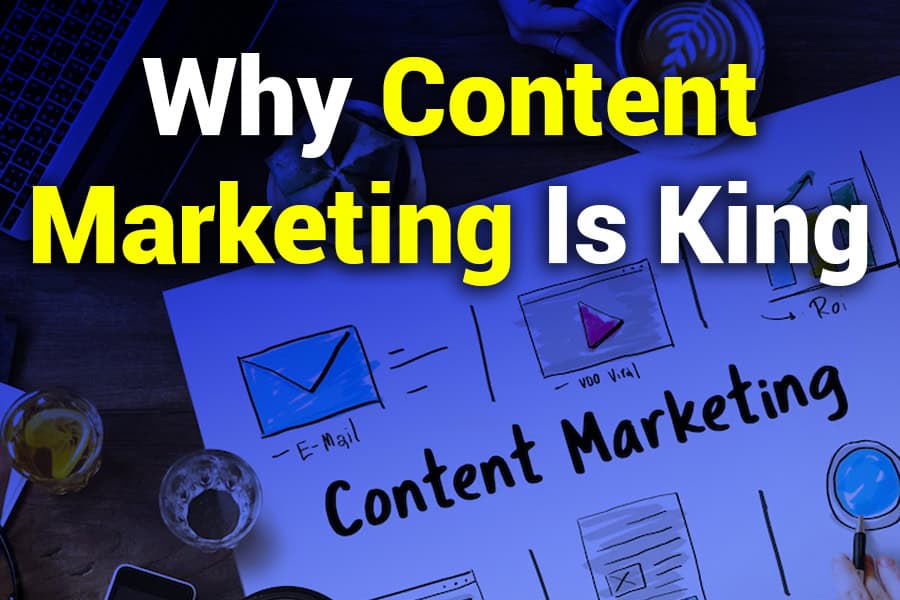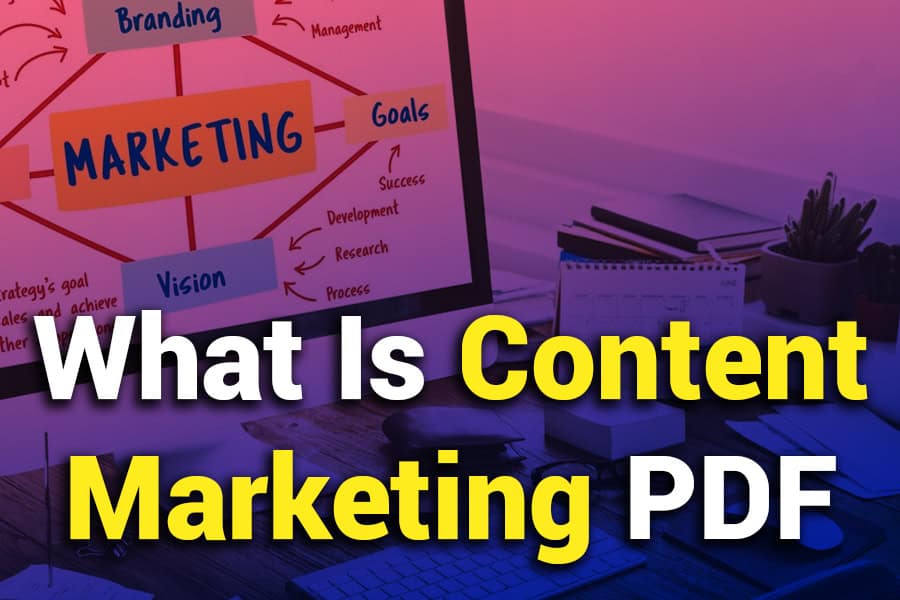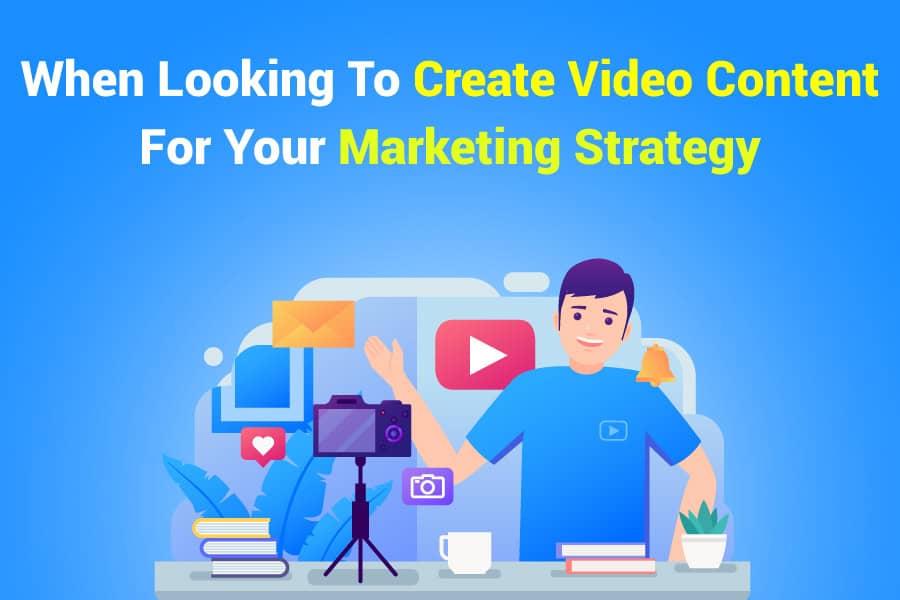
Content marketing has become the foundation of successful digital strategies, revolutionizing the way businesses engage with their audiences. But why is content marketing king? The answer lies in its ability to provide value, build trust, and drive conversions better than any other form of marketing. As consumers become more discerning, brands must deliver meaningful content that resonates with their target audience.
From blogs and videos to social media and email campaigns, content marketing plays a crucial role in attracting, educating, and converting potential customers. Unlike traditional marketing, it focuses on relationship-building rather than hard selling. In this comprehensive guide, we will explore the importance of content marketing, its impact on brand growth, and how businesses can leverage it for maximum success.
Why Content Marketing is King?
Content marketing is king because it provides value to audiences, builds trust, and generates leads more effectively than traditional marketing. In a world where consumers avoid intrusive ads, content marketing allows brands to connect with their audience in a meaningful way. High-quality content improves SEO, increases engagement, and positions businesses as industry leaders. When done right, content marketing boosts brand loyalty and drives long-term success.
The Power of Content Marketing in the Digital Age
Content marketing has revolutionized how brands engage with their audiences. Unlike traditional advertising, which prioritizes direct selling, content marketing focuses on delivering value through education, information, and entertainment. By crafting high-quality content, businesses can enhance their online visibility, drive organic traffic, and improve search engine rankings.
In today’s digital world, consumers actively seek useful and relevant content before making purchasing decisions. Brands that provide insightful and engaging material position themselves as trusted industry leaders. This credibility not only attracts potential customers but also fosters lasting relationships, increasing customer loyalty and retention.
A well-executed content marketing strategy helps businesses connect with their target audience on a deeper level. Through blog posts, videos, social media updates, and other content formats, brands can address customer pain points, answer questions, and offer solutions. This approach builds trust and nurtures leads, ultimately converting them into long-term customers.
The power of content marketing lies in its ability to create meaningful connections. Instead of pushing products, businesses can tell compelling stories, share valuable insights, and engage audiences in authentic conversations. By consistently delivering relevant content, brands can drive sustainable growth and establish themselves as authoritative voices in their industries.
How Content Marketing Builds Brand Authority and Trust
The Importance of High-Quality Content
High-quality content plays a crucial role in establishing a brand’s authority and expertise within its industry. By consistently publishing valuable insights, businesses can showcase their knowledge, helping to build credibility and trust among their audience. Informative and well-researched content positions a company as a thought leader, making it more likely that customers will turn to them for solutions and advice.
The Relationship Between SEO and Content Marketing
Content marketing and search engine optimization (SEO) go hand in hand, as well-optimized content improves search engine rankings and enhances online visibility. Search engines like Google prioritize content that is informative, well-structured, and engaging. By incorporating relevant keywords, optimizing headings, and ensuring readability, brands can improve their chances of ranking higher in search results. A strong SEO-driven content strategy not only increases website traffic but also attracts users who are actively searching for products or services.
Content Marketing as a Lead Generation Strategy
Informative and engaging content serves as a powerful lead generation tool. When businesses provide valuable resources such as eBooks, whitepapers, and guides, they encourage users to share their contact details in exchange for access to exclusive insights. This exchange builds trust and nurtures potential leads, ultimately leading to higher conversion rates. A well-crafted content marketing strategy ensures that businesses attract, capture, and retain qualified leads who are genuinely interested in their offerings.
Building Emotional Connections with Your Audience
Content that resonates with readers strengthens emotional connections, fostering long-term brand loyalty. Storytelling, case studies, and real-life experiences make content more relatable and memorable. When audiences see themselves reflected in a brand’s message, they develop a deeper connection, increasing the likelihood of repeat engagements and conversions. By focusing on authentic storytelling, brands can create meaningful relationships that drive customer loyalty and advocacy.
Essential Elements of an Effective Content Marketing Strategy
- Understanding Your Target Audience: A successful content marketing strategy begins with a deep understanding of your audience’s needs, preferences, and challenges. Conduct market research, analyze customer behavior, and gather insights from surveys or social media interactions. By identifying pain points and interests, businesses can create content that resonates with their audience and addresses their specific concerns.
- Creating High-Quality Content: Engaging and valuable content is the foundation of any content marketing strategy. Whether it’s blog posts, videos, infographics, or podcasts, content should be informative, well-structured, and tailored to the audience’s needs. A focus on storytelling and problem-solving enhances engagement and builds credibility, positioning your brand as a trusted source of information.
- Optimizing for SEO: Search engine optimization (SEO) plays a vital role in increasing online visibility. By incorporating relevant keywords, writing compelling meta descriptions, and using structured headings, businesses can improve their search rankings. High-quality, well-optimized content attracts organic traffic, helping brands reach the right audience at the right time.
- Distributing Content Effectively: Creating great content is just the beginning—distribution is key to maximizing its impact. Utilize social media platforms, email marketing, and guest blogging to expand your reach. Sharing content across multiple channels ensures that it reaches a broader audience, increasing brand awareness and engagement.
- Tracking Performance and Refining Strategy: Monitoring key performance metrics such as engagement rates, bounce rates, and conversions helps assess the effectiveness of your content strategy. By analyzing data and making informed adjustments, businesses can refine their approach, ensuring continuous improvement and better results over time.
Why Every Business Needs a Content Marketing Strategy
Content marketing is no longer optional; it’s a necessity for businesses looking to thrive in the digital landscape. Here’s why:
- Enhances Brand Awareness: High-quality content increases visibility and positions your brand as an industry leader.
- Improves Customer Engagement: Interactive and informative content keeps users engaged and encourages social sharing.
- Drives Organic Traffic: SEO-driven content attracts more visitors to your website, reducing dependency on paid ads.
- Boosts Conversion Rates: Well-crafted content guides users through the buyer’s journey, increasing sales.
- Strengthens Customer Relationships: By providing valuable insights, brands can nurture long-term relationships with their audience.
5. The Future of Content Marketing: Trends to Watch
Video Content Dominance
Video marketing continues to gain traction, with platforms like YouTube, TikTok, and Instagram Reels driving engagement.
AI-Powered Content Creation
Artificial intelligence is reshaping content marketing, helping businesses create personalized experiences for their audience.
Interactive Content is on the Rise
Quizzes, polls, and interactive infographics enhance engagement and encourage audience participation.
Voice Search Optimization
As voice search grows, optimizing content for conversational queries is crucial for maintaining visibility.
Conclusion: Why Content Marketing is the Key to Long-Term Success
In an era where consumer trust is paramount, content marketing remains the most effective way to engage, educate, and convert audiences. By creating valuable and relevant content, businesses can build authority, drive organic traffic, and foster long-lasting customer relationships. The phrase ‘why content marketing is king’ isn’t just a trend—it’s a proven strategy that delivers real results. Companies that prioritize content marketing will continue to lead the digital space, staying ahead of competitors and ensuring sustainable growth.
FAQ’s
Q. What makes content marketing more effective than traditional advertising?
A. Traditional advertising focuses on direct selling, whereas content marketing provides value, builds trust, and engages audiences, leading to long-term customer relationships.
Q. How does content marketing improve SEO?
A. By incorporating relevant keywords, optimizing structure, and creating high-quality content, brands can rank higher on search engines and attract more organic traffic.
Q. What types of content are most effective?
A. Blog posts, videos, infographics, podcasts, and interactive content like quizzes and polls are highly effective in engaging audiences.
Q. How often should businesses publish content?
A. Consistency is key. Businesses should publish high-quality content regularly, whether weekly or biweekly, to maintain audience engagement and improve search rankings.
Q. Can small businesses benefit from content marketing?
A. Absolutely! Content marketing is cost-effective and allows small businesses to compete with larger competitors by building authority and reaching their target audience effectively.
Jessica Jones
Jessica Jones is a talented writer at J Morgan Marketing, where she excels in creating compelling and engaging content tailored to meet the unique needs of clients. With a keen understanding of digital marketing strategies, Jessica crafts narratives that not only captivate audiences but also drive brand growth. Her expertise spans across various content forms, from blog posts and articles to social media and SEO-driven copy, ensuring that every piece resonates with its intended audience and contributes to the overall marketing goals. Passionate about storytelling and innovation, Jessica is dedicated to helping brands connect with their audience through powerful and effective content.





